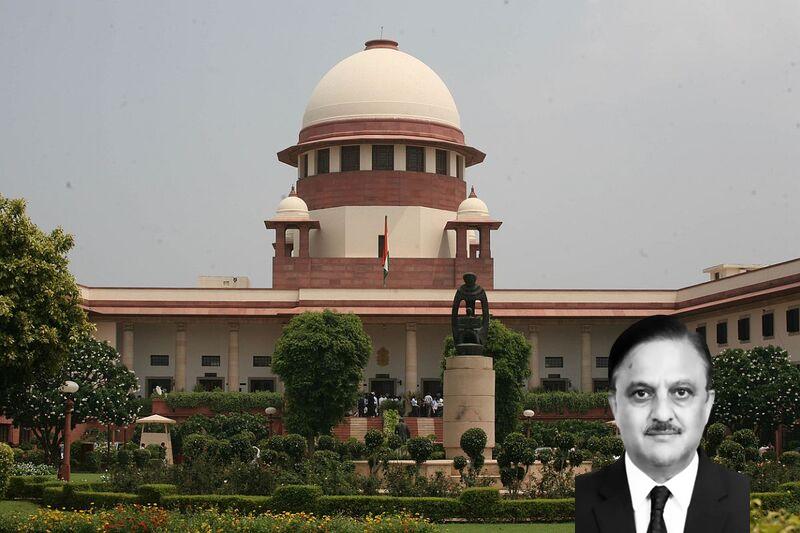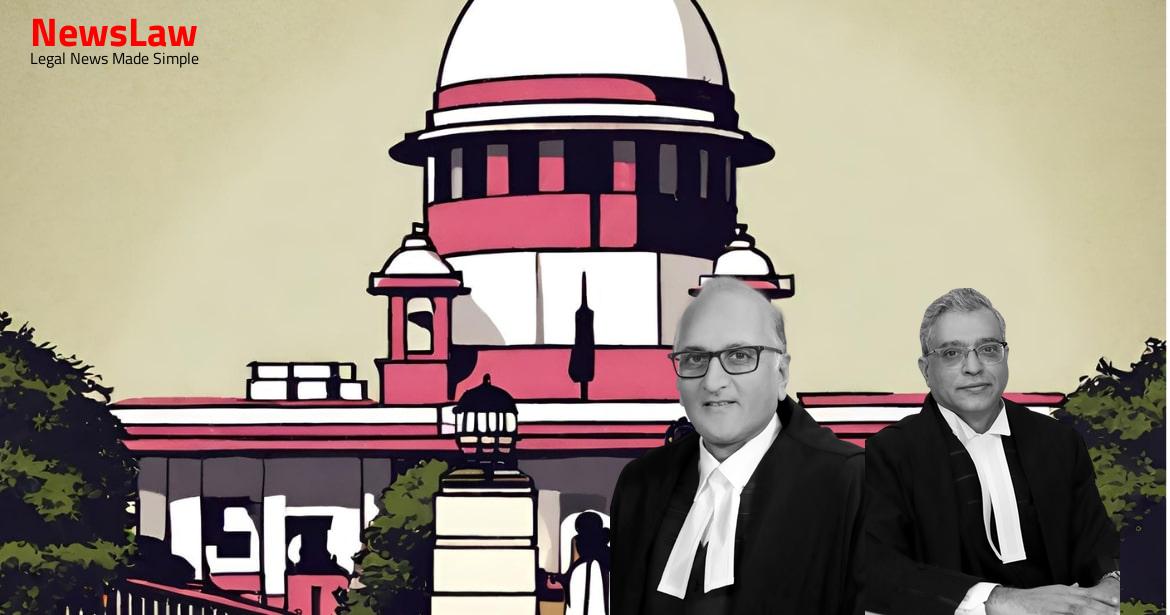It was alleged in the notice that the business of the appellant fell in the category of ‘trading and commercial establishments’ notified under the notification dated 7 March 1962, issued by the Central Government in the exercise of powers under clause (b) of sub-Section (3) of Section 1 of the 1952 Act.
SUBMISSIONS 3)
The learned counsel appearing for the appellant submitted that establishments covered by clause (a) of sub- Section (3) of Section 1 are factories engaged in industries specified in Schedule I of the 1952 Act. 4) Learned counsel appearing for the respondent urged that the respondent, the appellate authority, the learned Single Judge and the learned Division Bench have concurrently held against the appellant. [(3) Subject to the provisions contained in section 16, it applies— (a) to every establishment which is a factory engaged in any industry specified in Schedule I and in which [twenty] or more persons are employed, and (b) to any other establishment employing [twenty] or more persons or class of such establishments which the Central Government may, by notification in the Official Gazette, specify in this behalf: Provided that the Central Government may, after giving not less than two months’ notice of its intention so to do, by notification in the Official Gazette, apply the provisions of this Act to any establishment employing such number of persons less than [twenty] as may be specified in the notification.
]” Page 5 of 8 Clause (a) of sub-Section (3) as well as clause (b) of sub- Section (3) are applicable to establishments.
The Constitution Bench held that: a) The 1952 Act was made to institute provident funds for the benefit of the employees in factories and other establishments; b) The provisions of the 1952 Act constitute social justice measures; and c)
The underlying idea behind the provisions of the 1952 Act is to bring all kinds of employees within its fold as and when the Central Government Page 6 of 8 might think it fit after reviewing each class of establishments.
Clause (b) of sub-Section (3) is applicable to all other establishments which are not covered by clause (a) of sub- Section (3) provided such establishments are notified by a notification issued by the Central Government which is published in the official Gazette.
The respondent has recorded a finding of fact that the business of establishment of the appellant was of assembling umbrellas and selling the same in her own outlet.
Case Title: THANKAMMA BABY Vs. THE REGIONAL PROVIDENT FUND COMMISSIONER, KOCHI, KERALA
Case Number: C.A. No.-004619-004619 / 2010



